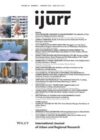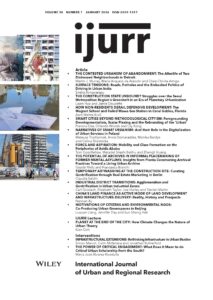This essay explores how contemporary urban infrastructure is being conceptually and operationally extended into new domains. Across five key arenas—elemental, care, more-than-human, cyber-physical and the neurotechnical—we trace how infrastructures are no longer confined to traditional networked systems but instead permeate and co-compose atmospheres, bodies, ecologies and cognition. These extensions reconfigure what infrastructure is and does, operating as agents of socio-technical modulation under conditions of planetary crisis. We argue that these emergent infrastructural forms constitute a significant shift, where the capacity to live, sense, feel and adapt is increasingly subject to infrastructural capture, stratification and control. The essay reflects on the risks of conceptual overreach while asserting that a more expansive understanding of infrastructure is necessary to grasp contemporary urban governance. We conclude by proposing a renewed research agenda for urban infrastructure studies that is interdisciplinary, ethically attuned and responsive to the operationalization of life itself under conditions of turbulence and inequality.
Details
Written by:
Simon Marvin, Colin Mcfarlane, Jonathan Rutherford
Digital Object Identifier (DOI)
https://doi.org/10.1111/1468-2427.70023
About DOI

